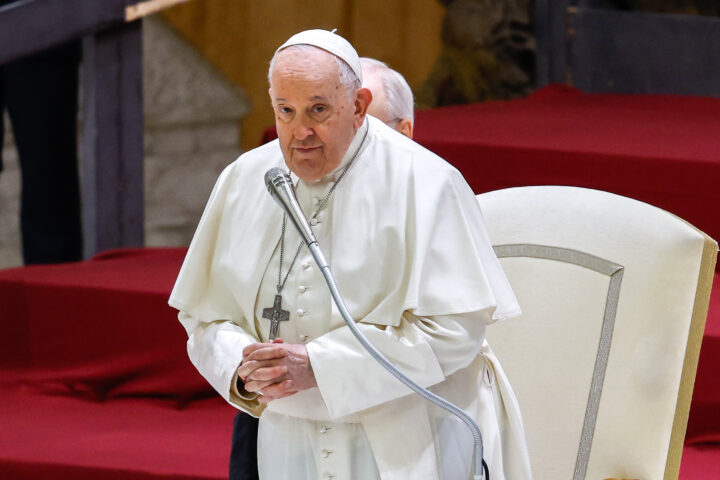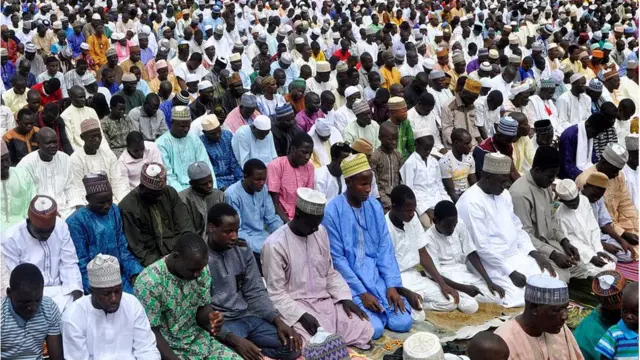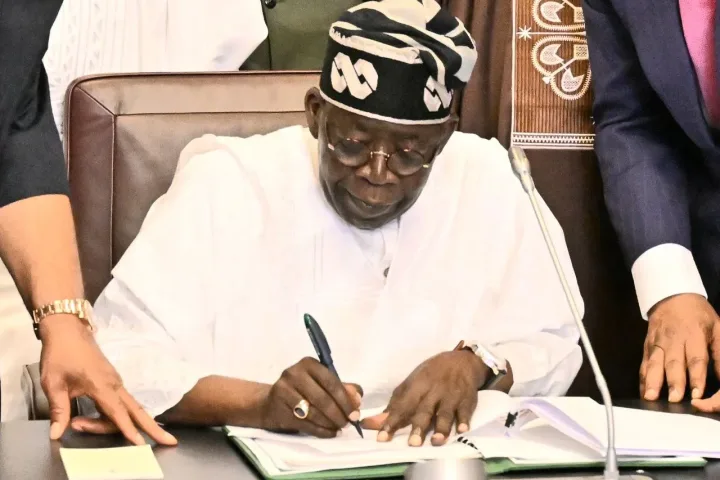Nigerian Youths Losing Faith in the Nation’s Future
A new report from the 2024 African Youth Survey has shed light on a growing concern among Nigerian youths about the future of their country.
According to the survey, an overwhelming 94% of Nigerian youths believe that the nation is headed in the wrong direction.
Join our WhatsApp ChannelThe study, which was conducted by the Johannesburg-based Ichikowitz Family Foundation, paints a worrying picture of the mindset of young people in Nigeria, with 92% also believing that the country’s economy is on the wrong path.
The foundation’s chairman, Ivor Ichikowitz, emphasised the significance of the findings. “Africa is experiencing one of the most significant demographic shifts in the world, with the youngest and fastest-growing population. Yet, our youth are losing hope in their governments,” he said.
Economic Pessimism and Rising Emigration Intentions
The survey, which polled 5,604 individuals aged 18 to 24 across 16 African countries, showed that 54% of Nigerian youths are pessimistic about the future of the nation, with only 20% expressing optimism.
Corruption was identified as the largest obstacle to progress for both Nigerian and other African youths. This barrier has left many feeling frustrated and disillusioned with the system.
In response to this, 60% of young Nigerians are contemplating leaving the country within the next five years, seeking better opportunities abroad. “Most of all, they don’t believe their governments are doing enough to address this scourge,” the report stated, referring to the deep-rooted corruption that plagues much of the African continent.
Nigerians Looking Abroad for Better Opportunities
As the desire to leave grows among young Nigerians, North America has emerged as the top destination for those considering emigration.
Western European countries such as the UK, France, Germany, and Spain are also popular choices. This reflects a broader trend across Africa, where youth across the continent are increasingly looking beyond their borders for better economic prospects and political stability.
One young Nigerian, Abdul Adeola, voiced his frustration, “I don’t see a future for myself here. Every day feels like a struggle, and it’s clear the leaders are not doing enough to fix things.”
His views are echoed by thousands of other youths who feel their potential is being stifled by the country’s many challenges.
READ ALSO: Constituency Projects: Hold Your Leaders Accountable, EFCC Boss Tells Nigerians
The Future of Democracy in Nigeria and Africa
Interestingly, the survey revealed that two-thirds of African youths still believe in democracy as a governance model.
However, 60% of those polled are in favor of an African-infused form of democracy, suggesting a desire for governance systems that reflect local values and realities rather than simply adopting Western models.
Ichikowitz noted the growing trend towards a more localized form of democracy, saying, “The youth of Africa, particularly in countries like Nigeria, are demanding a system that truly represents their culture and values, rather than one imposed from the outside.”
Africa’s Growing Youth Population
The report further emphasised the significance of Africa’s youth population. Africa is home to the world’s youngest and fastest-growing population, a trend that will only intensify in the coming decades.
Currently, Africa’s population stands at 1.4 billion, and by 2050, it is projected to increase by another billion. By the end of the century, 40% of the world’s population will be African, with a large portion in their twenties.
“By 2050, young Africans will constitute the world’s largest source of labor,” Ichikowitz explained. This growing population presents both an opportunity and a challenge for the continent.
However, for countries like Nigeria, addressing the dissatisfaction of the youth is critical if they are to harness this demographic dividend.
A Crossroad for Nigeria’s Youth
The survey offers a sobering glimpse into the thoughts of young Nigerians and other African youths. While they remain hopeful for a better future, the growing desire to emigrate suggests a lack of confidence in current leadership and governance structures.
For Nigeria, addressing corruption, fostering economic growth, and creating opportunities for its burgeoning youth population will be critical in reversing these trends.
As Ichikowitz concludes, “If African governments, especially in nations like Nigeria, do not act quickly to address the concerns of their youth, they risk losing a generation of potential leaders and innovators.”
The message from Nigerian youths is clear: they want change, and they want it now.
Emmanuel Ochayi is a journalist. He is a graduate of the University of Lagos, School of first choice and the nations pride. Emmanuel is keen on exploring writing angles in different areas, including Business, climate change, politics, Education, and others.
- Emmanuel Ochayihttps://www.primebusiness.africa/author/ochayi/
- Emmanuel Ochayihttps://www.primebusiness.africa/author/ochayi/
- Emmanuel Ochayihttps://www.primebusiness.africa/author/ochayi/
- Emmanuel Ochayihttps://www.primebusiness.africa/author/ochayi/



















Follow Us